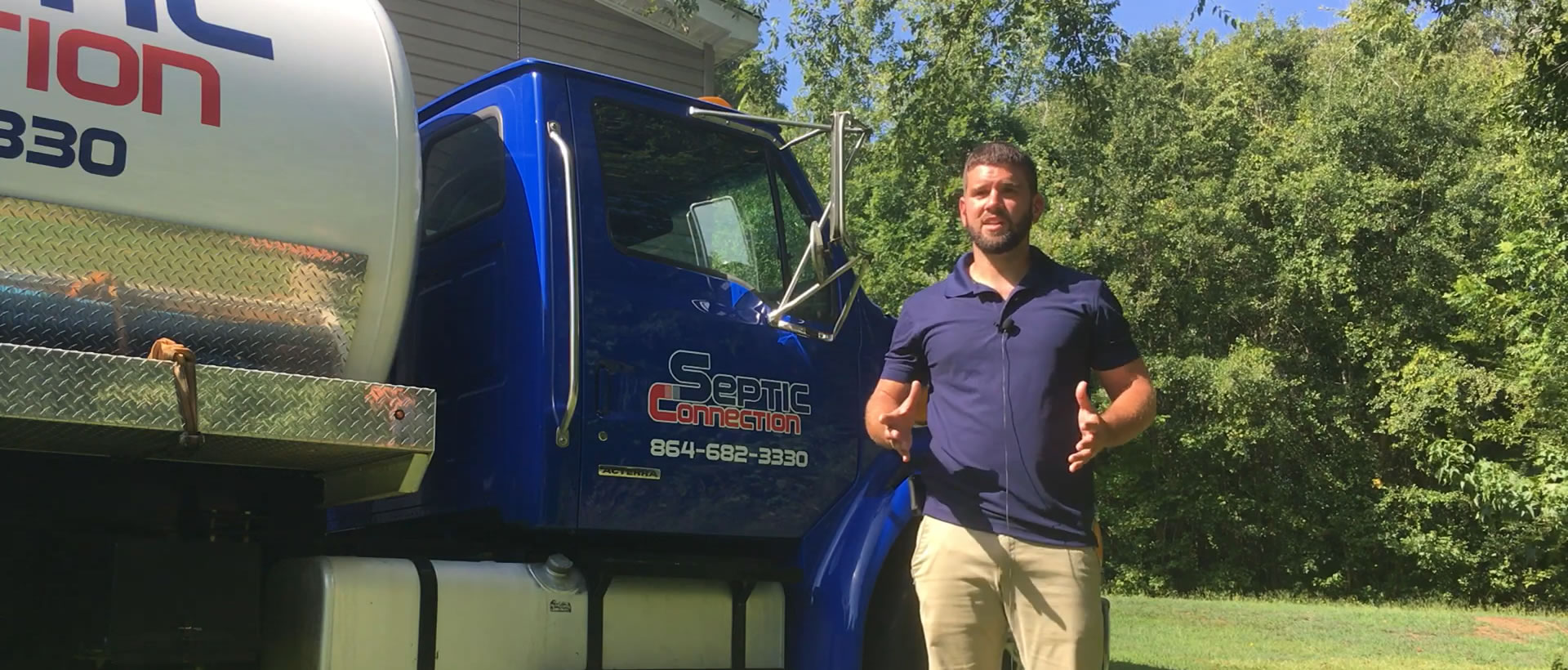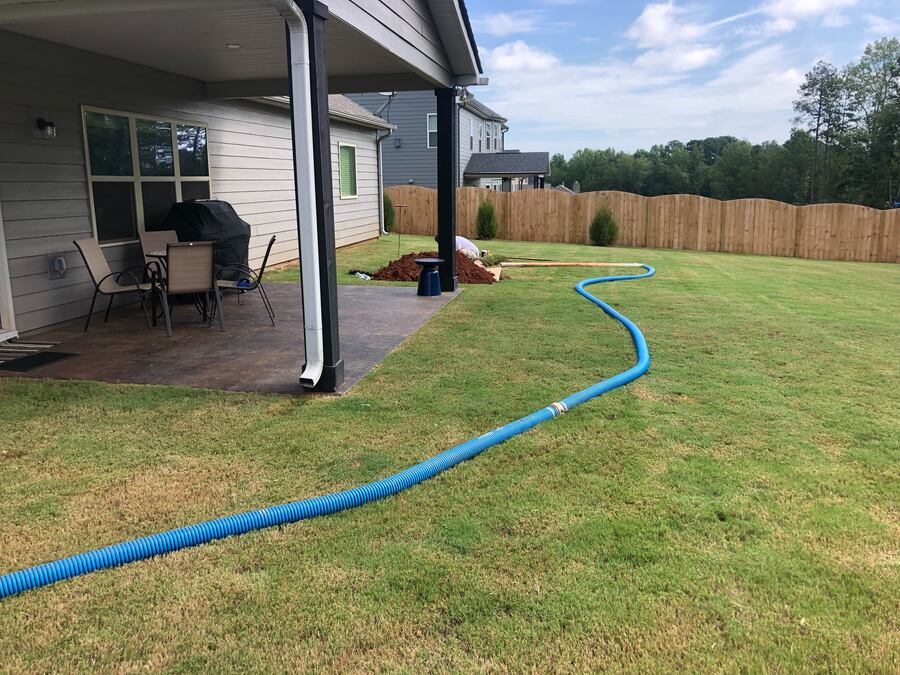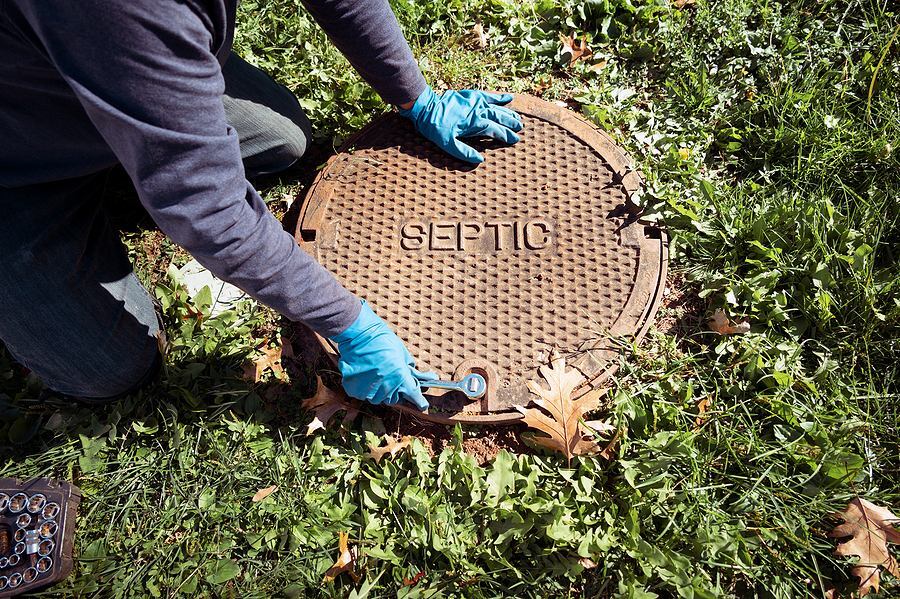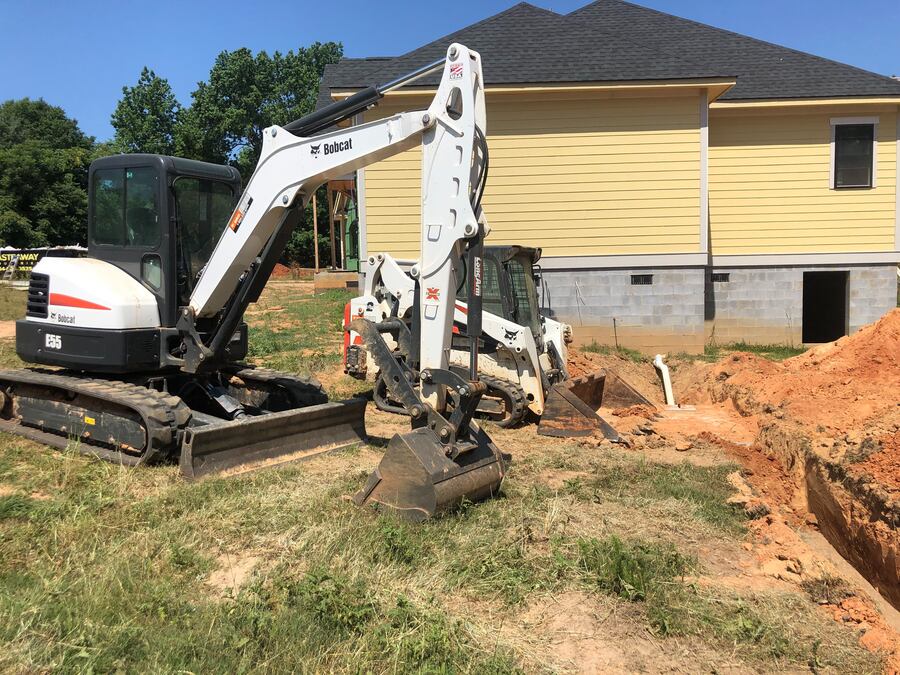
How Long Do Septic Tanks Last?
Your septic system is a critical component of waste management. Suppose your property is not connected to the municipal sewage system; a septic tank can store and process household wastewater. However, like other systems, they have a finite lifespan, hence the need for routine septic tank repair and maintenance. At Septic Connection, we leverage extensive expertise and knowledge to ensure your system goes the distance. Let’s explore the factors that affect system durability and how long you can expect your unit to last before scheduling a septic tank installation project.
Tank Material Matters
Your septic tank’s material is a significant factor in determining longevity. Common septic tank materials include concrete, plastic (polyethylene), and fiberglass. Concrete tanks are the most durable and can last for several decades with the proper care. Plastic and fiberglass tanks are less durable, with a lifespan of up to 30 years. While routine septic tank repair inspections are essential, choosing a high-quality material like concrete can extend your system’s lifespan significantly.
Frequency of Usage
Another factor that can affect your septic tank’s lifespan is usage. If you have a large house with many members, there’s a chance of frequent septic system use, causing increased deterioration and costly septic tank installation projects. To maximize your system’s lifespan, spread out water usage and practice effective water conservation measures. We also recommend working with a trusted septic company to ensure minor problems don’t get out of hand.
Groundwater Levels
The groundwater levels in your area can affect your septic tank’s durability significantly. Septic tanks use a natural filtration process to treat wastewater as it passes through the soil. If the groundwater level is high, it can obstruct this process, stressing your tank. In addition, areas with high groundwater increase your tank’s susceptibility to corrosion and structural damage. The best way to avoid such issues is to hire a professional septic company for regular inspections and adjustments.
Soil Type and Drainage
The type of soil on your property and its drainage capabilities determine your system’s lifespan. Sandy soils provide better drainage, allowing for efficient wastewater absorption. However, clay soils have slower drainage, adding strain to the waste management system. We can conduct an in-depth assessment of your soil type to determine the best tank size and design for your property. Matching the tank to your soil conditions can extend its lifespan, minimizing the risk of damage and costly replacements.
Proper Maintenance and Inspection
The most critical factor in maximizing the lifespan of your septic tank is regular septic tank pumping and maintenance. Waste management systems require regular care, which helps to address underlying problems before they cause severe damage. Our experts leverage proven strategies to catch potential issues early, ensuring timely repairs and preventing costly damage. If you neglect regular maintenance, you can shorten the life of your septic tank.
The lifespan of your septic tank depends on the factors mentioned. To ensure your septic tank lasts as long as possible, account for these critical factors and schedule regular maintenance inspections. Contact Septic Connection for quality services, including septic tank pumping, to extend the life of your waste management system and ensure high performance for years.
 How it works
How it works




